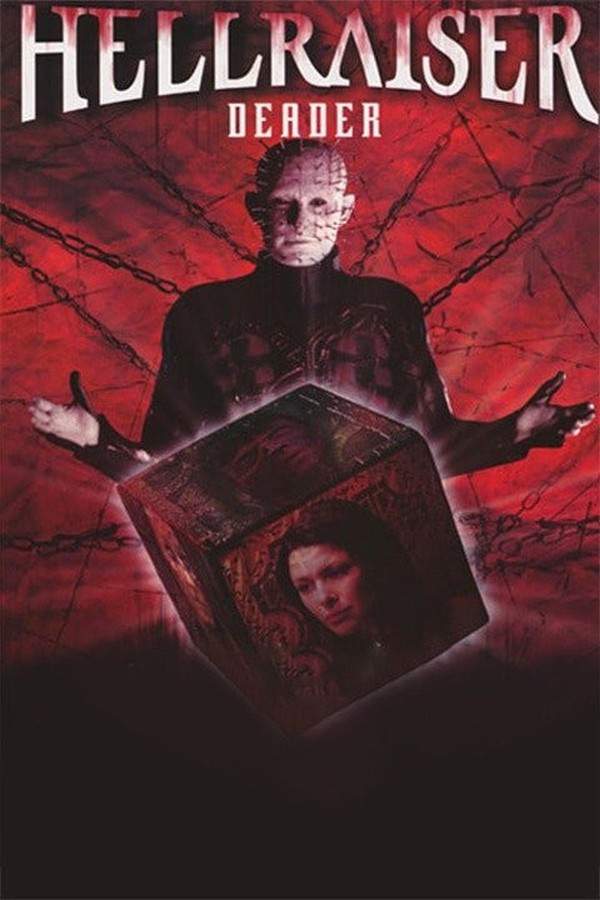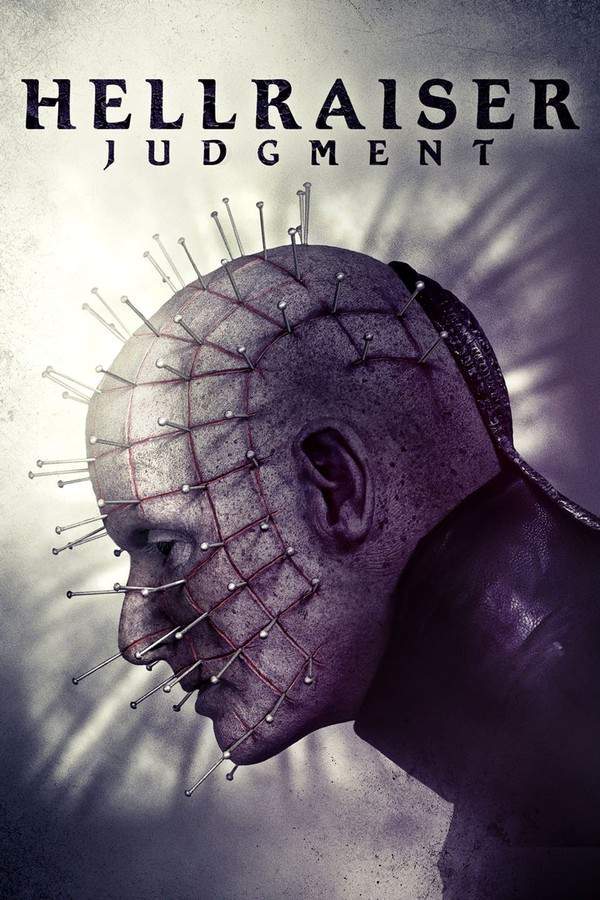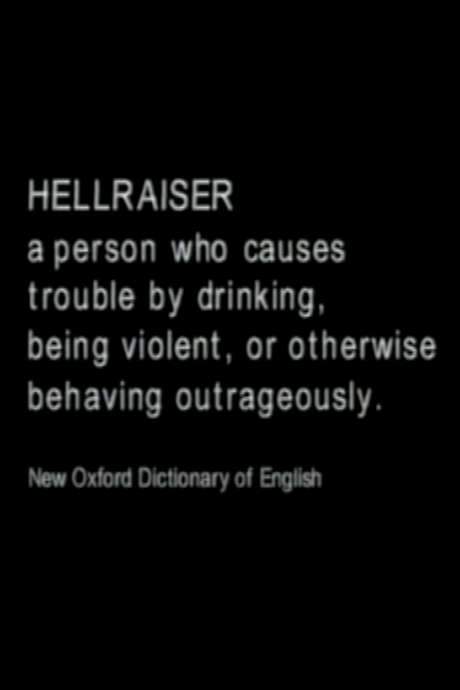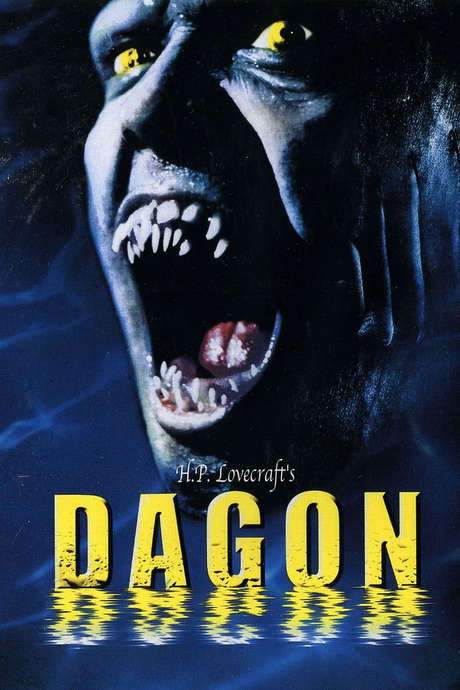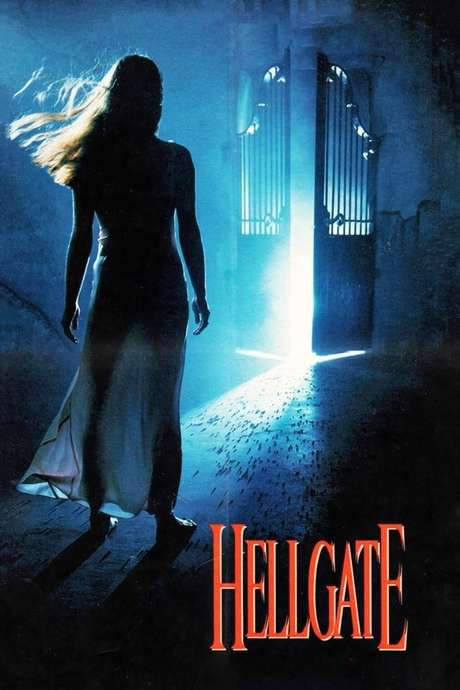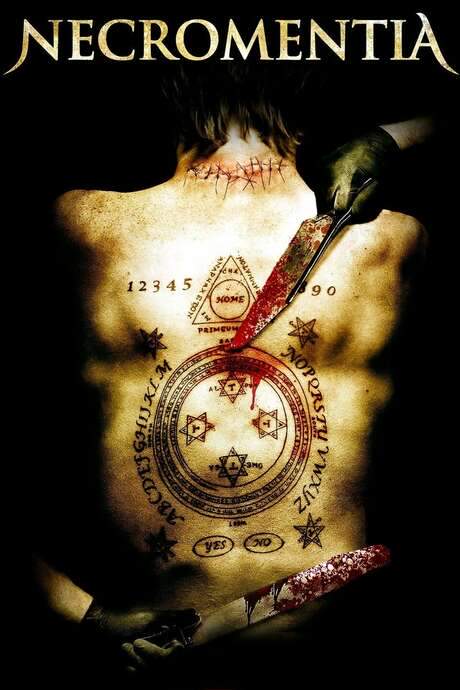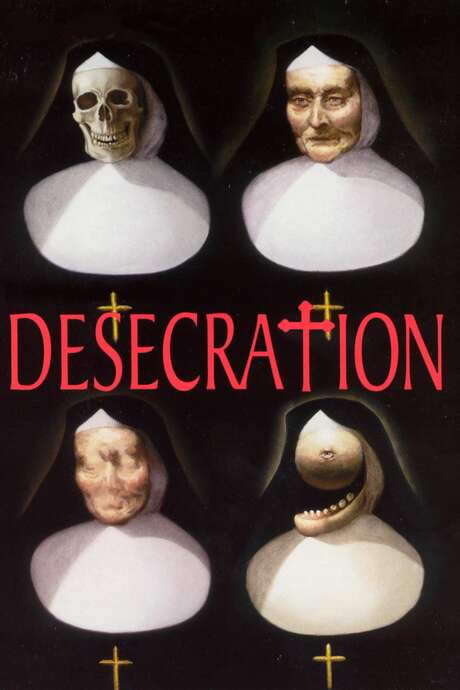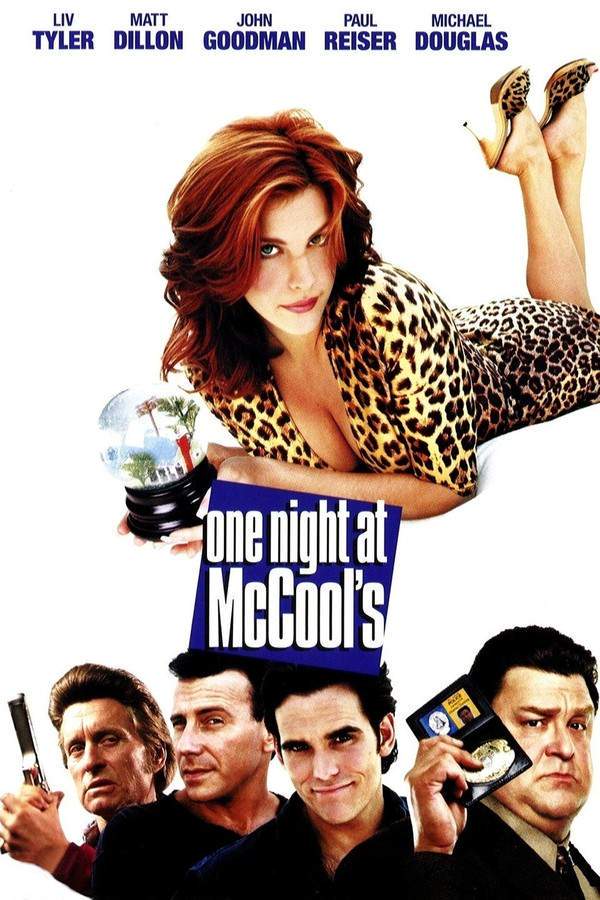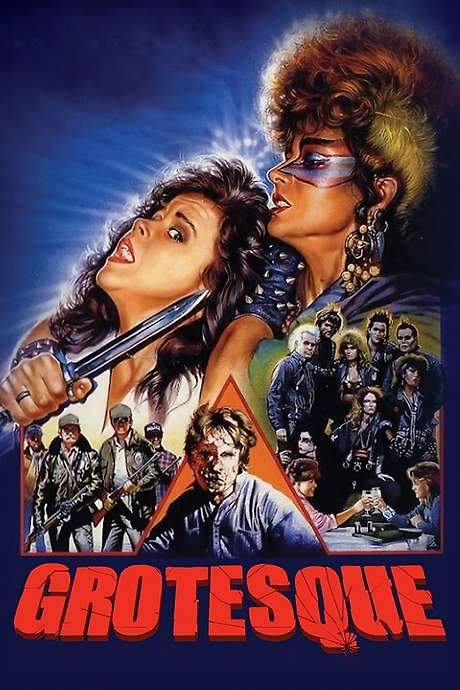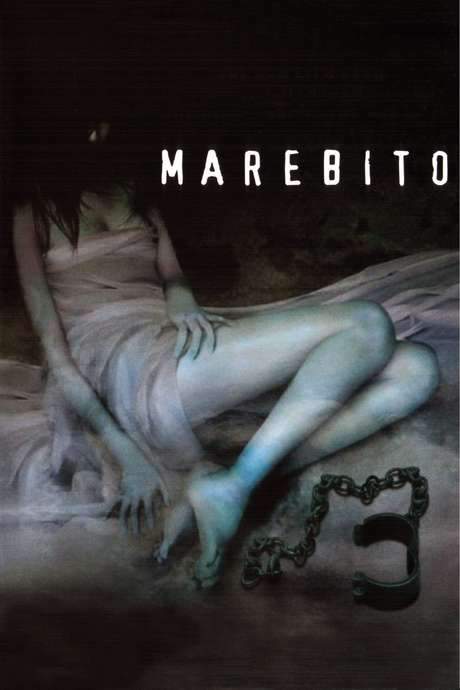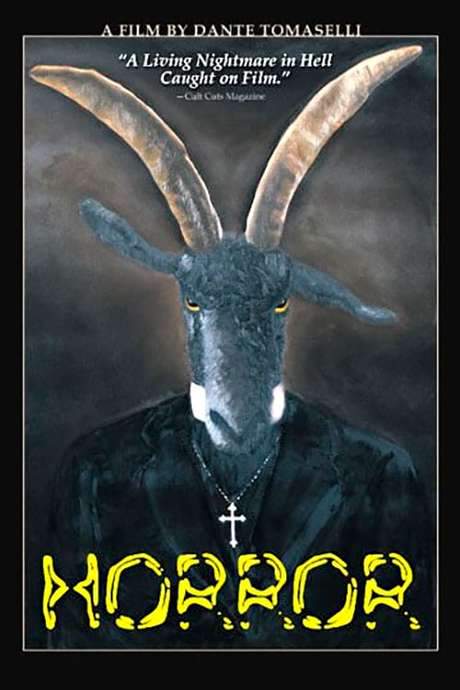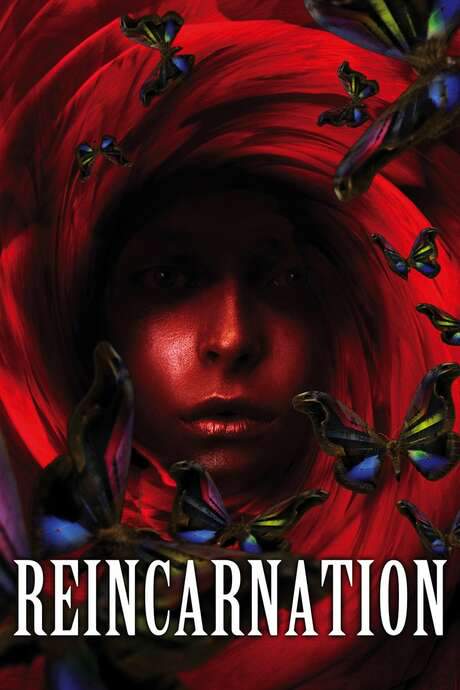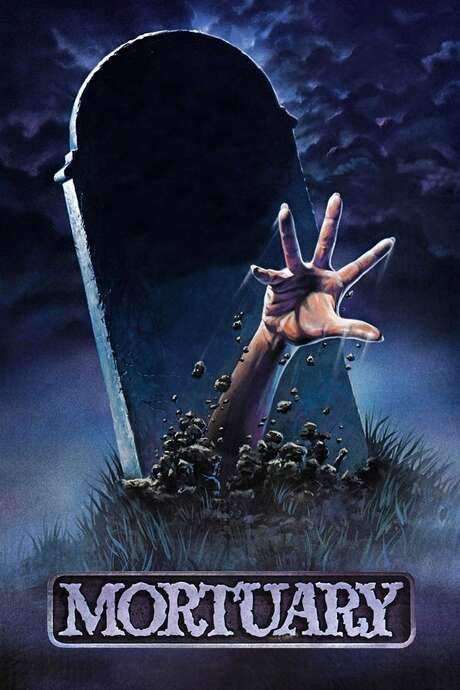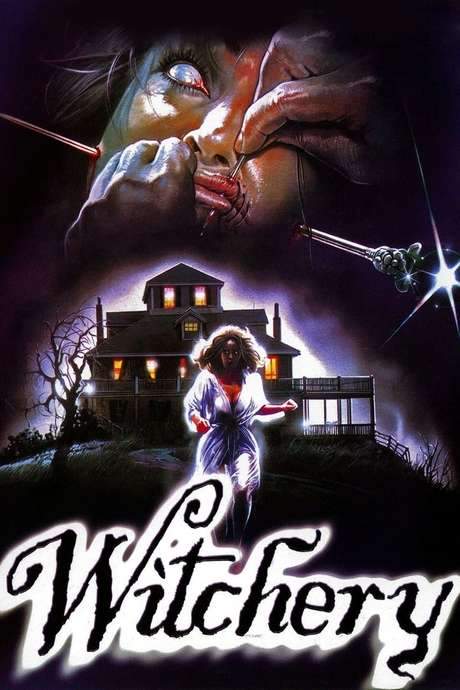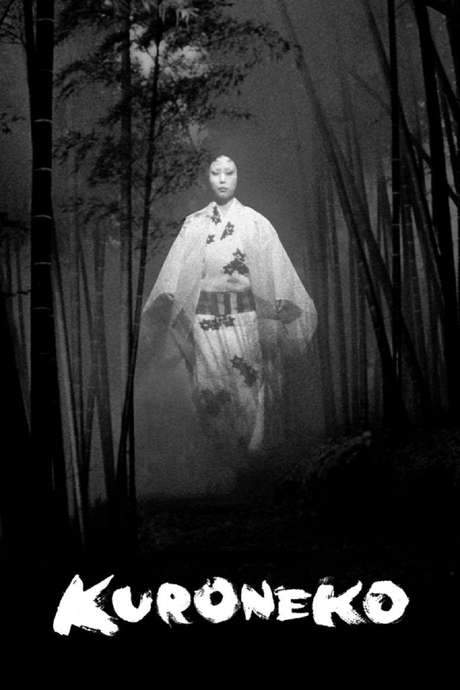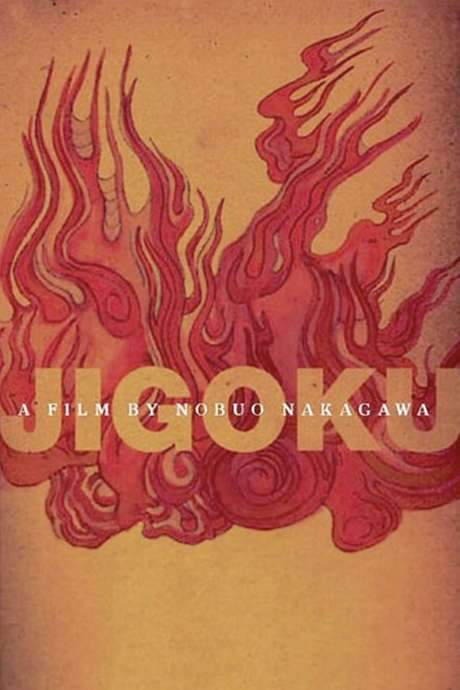
Jigoku
Year: 1960
Runtime: 99 mins
Language: Japanese
Director: Nobuo Nakagawa
A group of sinners involved in interconnected tales of murder, revenge, deceit and adultery all meet at the Gates of Hell.
Warning: spoilers below!
Haven’t seen Jigoku yet? This summary contains major spoilers. Bookmark the page, watch the movie, and come back for the full breakdown. If you're ready, scroll on and relive the story!
Timeline & Setting – Jigoku (1960)
Explore the full timeline and setting of Jigoku (1960). Follow every major event in chronological order and see how the environment shapes the story, characters, and dramatic tension.
Last Updated: October 05, 2025 at 08:33
Main Characters – Jigoku (1960)
Meet the key characters of Jigoku (1960), with detailed profiles, motivations, and roles in the plot. Understand their emotional journeys and what they reveal about the film’s deeper themes.
Last Updated: October 05, 2025 at 08:33
Major Themes – Jigoku (1960)
Explore the central themes of Jigoku (1960), from psychological, social, and emotional dimensions to philosophical messages. Understand what the film is really saying beneath the surface.
Last Updated: October 05, 2025 at 08:33
Explore Movie Threads
Discover curated groups of movies connected by mood, themes, and story style. Browse collections built around emotion, atmosphere, and narrative focus to easily find films that match what you feel like watching right now.
Karmic Descent and Damnation movies like Jigoku
Vivid journeys into hellscapes where sin is met with graphic, inescapable punishment.If you liked Jigoku's harrowing journey into a vivid hell, you'll find similar experiences here. This thread gathers movies that explore moral corruption, graphic punishment, and surreal visions of the afterlife, all sharing a dark, oppressive tone and heavy emotional weight.
Narrative Summary
Stories in this thread often follow characters whose interconnected sins lead to a collective downfall, culminating in a judgmental and vividly realized afterlife. The narrative structure is frequently complex, weaving together multiple fates to illustrate a overarching theme of inescapable karmic retribution.
Why These Movies?
These movies are grouped by their shared focus on moral decay and its violent, surreal consequences. They create a cohesive experience through high-intensity dread, a dark and melancholic tone, and a thematic obsession with guilt, fate, and the architecture of punishment.
Interconnected Sin movies with ensemble casts like Jigoku
Stories where separate lives collide through a chain reaction of moral failings.Fans of Jigoku's complex web of characters and their fates will appreciate these movies. This collection focuses on stories where multiple lives are intertwined through crime, deceit, and revenge, resulting in a fast-paced, complex narrative with a bittersweet or bleak ending.
Narrative Summary
The narrative pattern involves introducing a diverse cast whose actions, often driven by base desires like greed or lust, unknowingly set them on a collision course. The pacing accelerates as these threads converge, resulting in a climax of violence or revelation that ties all their fates together.
Why These Movies?
These films share a complex, multi-threaded plot structure and a focus on how individual moral corruption creates a collective tragedy. They are united by a fast pacing that builds to a chaotic peak, a tone of fatalistic anxiety, and themes of inescapable consequence.
Unlock the Full Story of Jigoku
Don't stop at just watching — explore Jigoku in full detail. From the complete plot summary and scene-by-scene timeline to character breakdowns, thematic analysis, and a deep dive into the ending — every page helps you truly understand what Jigoku is all about. Plus, discover what's next after the movie.
Jigoku Summary
Read a complete plot summary of Jigoku, including all key story points, character arcs, and turning points. This in-depth recap is ideal for understanding the narrative structure or reviewing what happened in the movie.

Jigoku Timeline
Track the full timeline of Jigoku with every major event arranged chronologically. Perfect for decoding non-linear storytelling, flashbacks, or parallel narratives with a clear scene-by-scene breakdown.

Jigoku Spoiler-Free Summary
Get a quick, spoiler-free overview of Jigoku that covers the main plot points and key details without revealing any major twists or spoilers. Perfect for those who want to know what to expect before diving in.

More About Jigoku
Visit What's After the Movie to explore more about Jigoku: box office results, cast and crew info, production details, post-credit scenes, and external links — all in one place for movie fans and researchers.

Similar Movies to Jigoku
Discover movies like Jigoku that share similar genres, themes, and storytelling elements. Whether you’re drawn to the atmosphere, character arcs, or plot structure, these curated recommendations will help you explore more films you’ll love.
Explore More About Movie Jigoku
Jigoku (1960) Plot Summary & Movie Recap
Jigoku (1960) Scene-by-Scene Movie Timeline
Jigoku (1960) Spoiler-Free Summary & Key Flow
Movies Like Jigoku – Similar Titles You’ll Enjoy
Ju-on: The Curse (2000) Spoiler-Packed Plot Recap
Marebito (2004) Film Overview & Timeline
Horror (2003) Complete Plot Breakdown
Reincarnation (2005) Spoiler-Packed Plot Recap
Carved: The Slit-Mouthed Woman (2007) Film Overview & Timeline
The Grudge (2019) Movie Recap & Themes
Jaws of Satan (1982) Movie Recap & Themes
Mortuary (1982) Full Movie Breakdown
Cemetery of Terror (1985) Full Summary & Key Details
Bloody Moon (1981) Plot Summary & Ending Explained
Witchery (1988) Movie Recap & Themes
Kuroneko (1968) Spoiler-Packed Plot Recap
The Gorgon (1964) Spoiler-Packed Plot Recap
Horror Rises from the Tomb (1973) Full Movie Breakdown
Japanese Hell (1999) Story Summary & Characters

